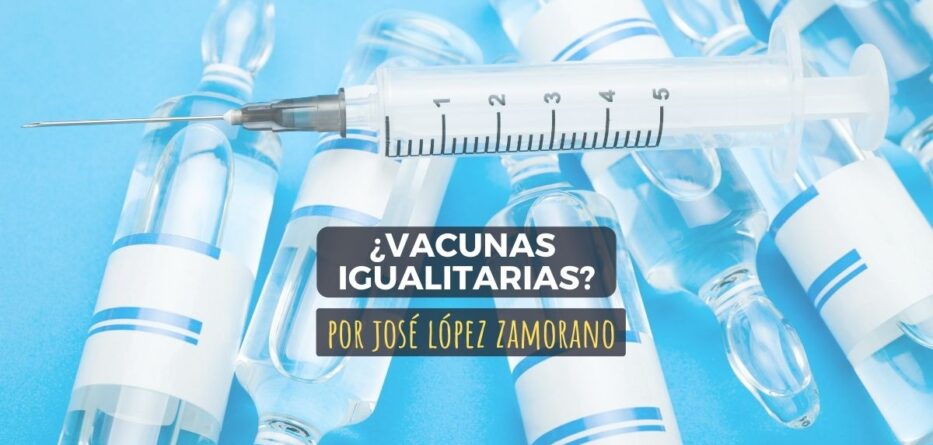It is undeniable that the COVID-19 pandemic has exposed the wide gap in structural inequalities suffered by the Hispanic and African American communities in the United States, and that they have caused a disproportionate impact on our most essential workers: farmers, meat packers, basic service workers who risk their lives every day, not by choice but by necessity.
That is why the imminent arrival this month of the vaccine or vaccines against COVID-19, once they are formally authorized by the Food and Drug Administration (FDA), throws a mandatory question: Will we be Hispanics, African Americans, Native Americans and others? Vulnerable minorities, victims of a new form of discrimination in the distribution and application of vaccines?
In other words, faced with the reality that there will not be enough doses for the more than 330 million residents of the United States, will we be the last in line? Will it be sought to ensure that the chronic challenges of access to medical care, health insurance, transportation, do not become real impediments to obtaining the vaccine?
The Advisory Committee on Immunization Practices (ACIP) of the Centers for Disease Control and Prevention (CDC) voted with 13 votes in favor and one against, for the sequence to prioritize the distribution of vaccines that could be authorized (from Pfizer and Moderna).
If the CDC accepts the recommendation, the first in line (in phase 1A) will be the 21 million health workers, along with the 3 million people who reside in long-term health facilities, where the 40% of deaths related to COVID-19 nationwide.
Under the proposal, the remaining 80 million essential workers in agriculture, meatpacking, transportation, and utilities, will receive the vaccine right away (in phase 1B) and then adults with “high-risk medical conditions” or those over 65 years.
When? If the FDA authorizes it, by the end of December there will be an availability of about 40 million doses of the vaccine from the United States, which means that they will be enough to vaccinate about 20 million people, since both the vaccine Pfizer and Moderna require two doses for maximum effectiveness.
Aware of the excruciating disparities among the most vulnerable groups, the Committee conducted itself under three impeccable ethical principles: Maximizing the benefits of the vaccine and minimizing harm; promoting justice, and mitigating health inequities. Several of the members of the Committee emphasized the importance of a fair process.
The challenge to convince a skeptical public that vaccines will be safe and effective is enormous, especially racial, and ethnic minorities who have a historical distrust of the health care system and the government. But knowing that the priority will be the most essential workers and the most vulnerable people is a great first step in starting to restore that trust, at a time that is not only more necessary than ever, but vital.
For more information visit www.laredhispana.com.






